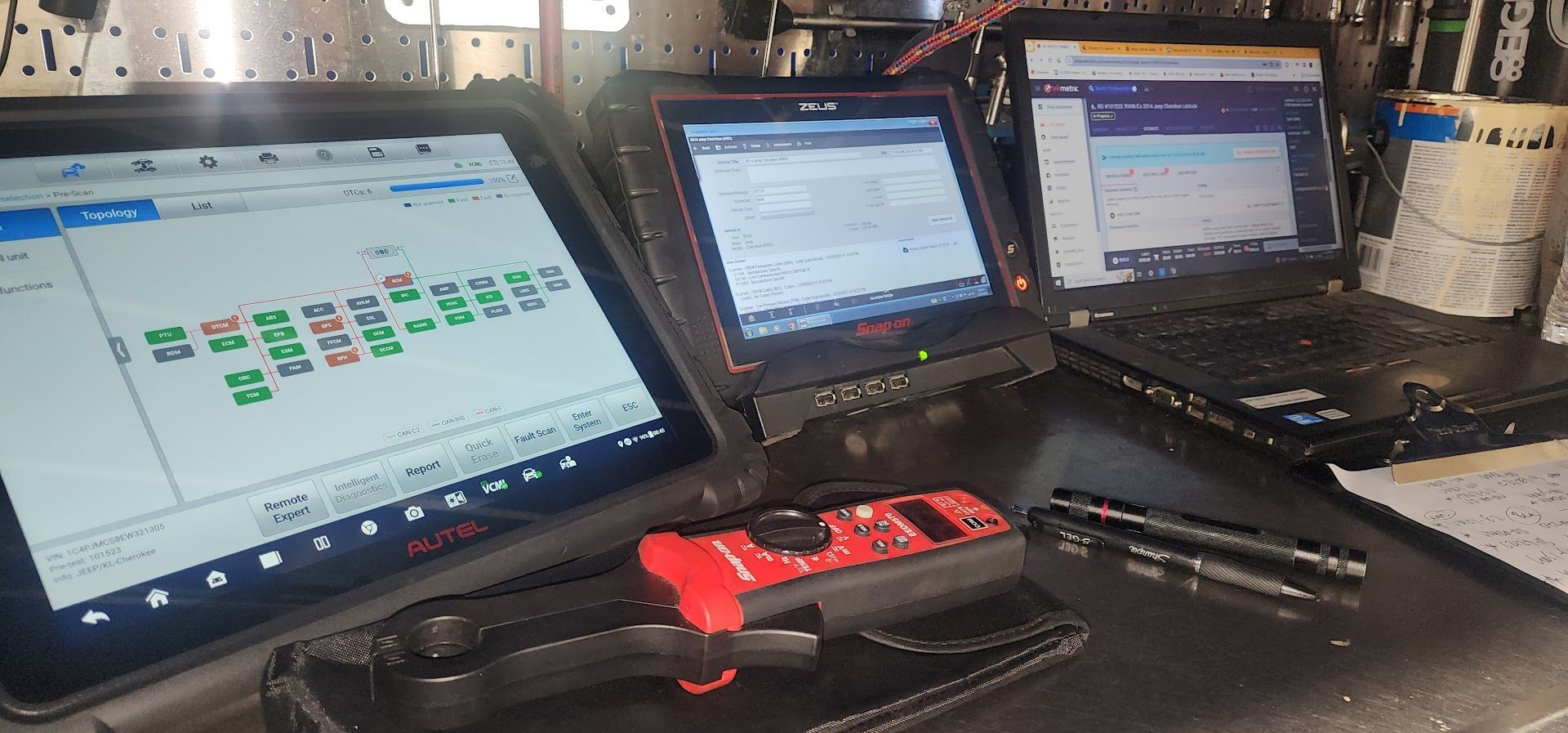Mon - Fri 8:00 AM - 6:00 PM
Our Blog

20 May, 2024
Discover the advantages of digital vehicle inspections. Improve transparency, communication, and record-keeping while enhancing customer trust and satisfaction. Modernize your repair shop with cutting-edge digital tools and contribute to eco-friendly practices. Explore the benefits today!
17th Street Automotive
Mon - Fri 8:00 AM - 6:00 PM
Services
List of Services
-
A/C & Heat ServiceA/C & Heat Service
-
Auto DiagnosticsAuto Diagnostics
-
Brake ServiceBrake Service
-
Fleet ServiceFleet Service
-
General MaintenanceGeneral Maintenance
-
Hybrid / EV ServiceHybrid / EV Service
-
State InspectionsState Inspections
-
Tire ServiceTire Service
-
Transmission RepairTransmission Repair
-
Undercoating ServiceUndercoating Service
List of Services
-
A/C & Heat ServiceA/C & Heat Service
-
Auto DiagnosticsAuto Diagnostics
-
Brake ServiceBrake Service
-
Fleet ServiceFleet Service
-
General MaintenanceGeneral Maintenance
-
Hybrid / EV ServiceHybrid / EV Service
-
State InspectionsState Inspections
-
Tire ServiceTire Service
-
Transmission RepairTransmission Repair
-
Undercoating ServiceUndercoating Service
Services
List of Services
-
A/C & Heat ServiceA/C & Heat Service
-
Auto DiagnosticsAuto Diagnostics
-
Brake ServiceBrake Service
-
Fleet ServiceFleet Service
-
General MaintenanceGeneral Maintenance
-
Hybrid / EV ServiceHybrid / EV Service
-
State InspectionsState Inspections
-
Tire ServiceTire Service
-
Transmission RepairTransmission Repair
-
Undercoating ServiceUndercoating Service
List of Services
-
A/C & Heat ServiceA/C & Heat Service
-
Auto DiagnosticsAuto Diagnostics
-
Brake ServiceBrake Service
-
Fleet ServiceFleet Service
-
General MaintenanceGeneral Maintenance
-
Hybrid / EV ServiceHybrid / EV Service
-
State InspectionsState Inspections
-
Tire ServiceTire Service
-
Transmission RepairTransmission Repair
-
Undercoating ServiceUndercoating Service




© 2024 17th Street Automotive. All Rights Reserved | Website managed by Shopgenie








